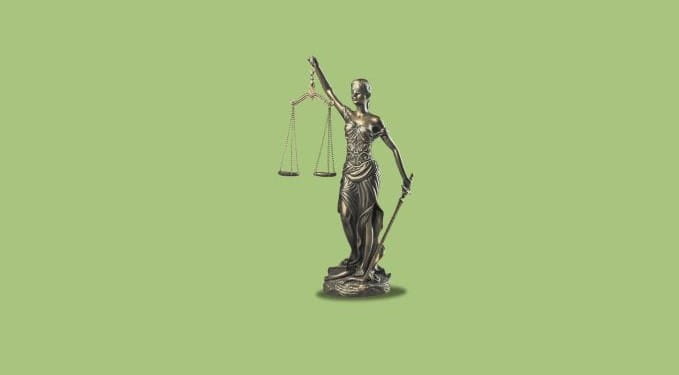At a recent ICAEW Council meeting, it was acknowledged that the Code of Ethics needed updating for modern times. In particular, the section on professional behaviour was singled out as needing to be updated to better reflect how ICAEW members should interact with clients, colleagues and the wider public.
Section 115 of the current Code of Ethics requires members to comply with relevant laws and regulations, and to avoid any conduct that they know or should know might discredit the profession. Further guidance reads as:
115.1 A2
“The concept of professional behaviour implies that it is appropriate for professional accountants to conduct themselves with courtesy and consideration towards all with whom they come into contact when performing their work.”
Discussions around its relevance highlighted the phrase “courtesy and consideration”. “It sounds nice, but is it really capturing the types of conduct we’re concerned about? Is that phrase really setting out for members what our expectation is of them as professionals?” says Sophie Wales, ICAEW’s Director of Regulatory Policy.
There had also been some confusion about the phrase “when performing their work” with questions about whether social media, conferences and work events counted. “In the modern world, a member’s professional conduct doesn’t stop at the office door,” says Wales. “In addition, people maybe forget or don’t realise that their personal conduct is also relevant to us as a regulator, and that they could somehow find themselves dealing with a disciplinary case because of how they behave both inside and outside of work.”
ICAEW Council concluded that the wording needed updating. The fact that the Solicitors Regulation Authority has also updated its Code of Conduct also gave an indication of the direction of travel.
The Ethics Standards Committee, in collaboration with professional standards department experts, developed new draft wording for the professional behaviour provision in 115.1 A2 of the Code, which said that a member should act “in accordance with the standards society expects in all professional and business relationships. For example, professional accountants should treat others fairly, and with respect, and not harass, bully, or unfairly discriminate against them.”
Subsequent consultation with the membership revealed some ambiguities with the proposed wording as well, particularly the “standards society expects” and “professional and business relationships”. This resulted in subsequent rewording. The final provision reads:
115.1 A2
“A reasonable and informed third party would expect that a professional accountant, in their professional life, treats others fairly, with respect and dignity and for example does not bully, harass, victimise or unfairly discriminate against others.”
Wales says: “Having that reasonable and informed third-party test as part of the expectations of a member’s conduct means that a member is measured by the standards of somebody who is reasonable and understands the relevant context of a situation.”
Guidance will be issued that will help members to understand the sorts of scenarios and expectations that this covers. That includes when certain activities such as posting on social media should be considered to be within a chartered accountant’s professional life.
“If you’re posting on social media where it’s clear that you are a chartered accountant, that’s your professional life,” says Wales. “If you’re representing your employer or the profession at a conference, or you’re at a work-organised Christmas party, that is your professional life, as you’re with colleagues.”
Any posts on professional channels such as LinkedIn would likely be considered as communications in a professional capacity. On other platforms, it depends on how you are describing yourself; if it is clear that you are a chartered accountant when you’re posting, it is likely to be considered professional life activity. If the social media account is an entirely personal account, then this may mean that the conduct is considered private life conduct for the purposes of the Code of Ethics.
“But just because it’s in your private life, doesn’t mean it’s not relevant,” adds Wales. “The Code of Ethics says that you mustn’t bring discredit to the profession. There’s a different bar for behaviour in your professional life compared with your private life. If you’re in your professional life, it doesn’t take much for you to bring discredit because the expectations of your conduct as a professional are really quite high. In your private life, you’ve got to do something fairly serious before it is likely to be a disciplinary matter, which could include seriously offensive social media posts, even if it was a personal social media account, as this could still bring discredit.”
The update to the Code of Ethics is due in early 2025. Explanatory guidance will be published to accompany the professional behaviour changes.
Hear more ...
Sophie Wales talks more about the changes to the ICAEW Code of Ethics around professional behaviour on our Accountancy Insights podcast.




